Speaker Details
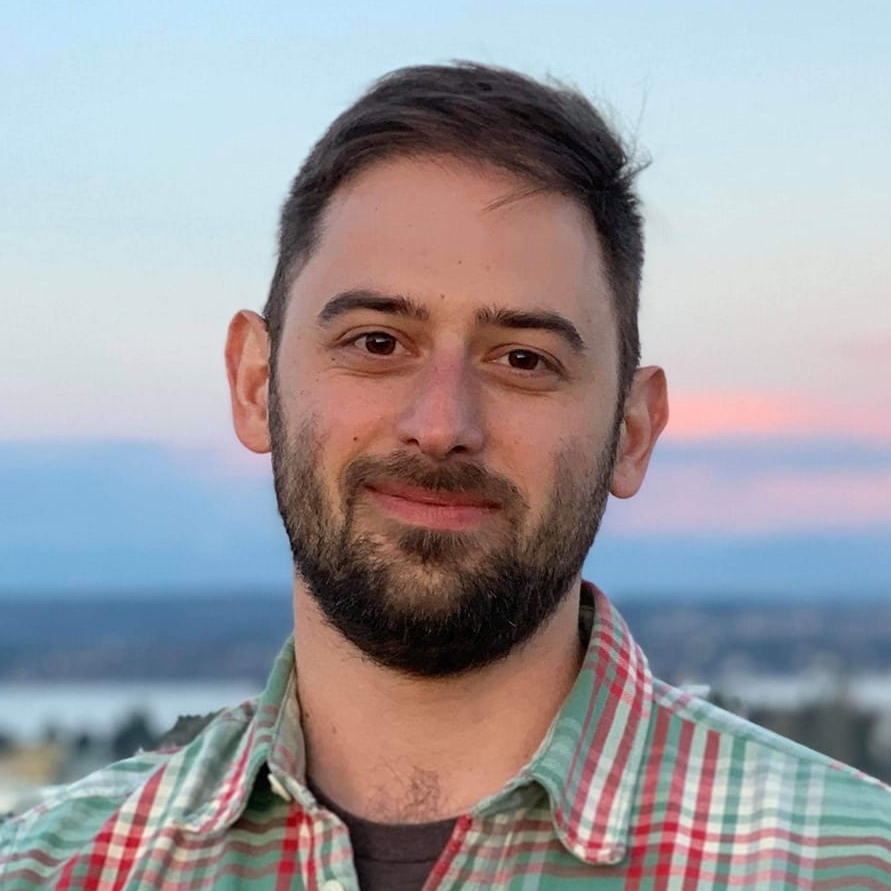
Benjamin Basanta
I am a postdoctoral fellow in the Lander lab at The Scripps Research Institute, where I investigate the structural underpinnings of human transthyretin misfolding using cryo-electron microscopy and molecular modeling. For my doctoral dissertation at the University of Washington, I worked in the group of David Baker on de novo design of proteins that contain pockets with specific properties. I earned my Licenciatura en Ciencias Biológicas from the Universidad de Buenos Aires in 2012
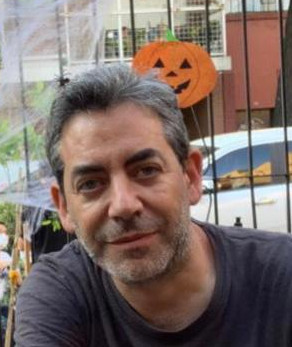
Adian Turjanski
In brief, I am a bioinformatic scientist and founder of the genomics company BITGENIA. I am a full professor at the University of Buenos Aires and a researcher at CONICET. Adrián Turjanski obtained his Master degree in Chemistry from the University of Buenos Aires in Argentina in 1999, and then his PhD in Biophysics in 2003.
He is part of the research staff of the National Research and Technology Council (CONICET) as Independent Investigator. He has also been Full Professor of Bioinformatics at the University of Buenos Aires since 2008. In 2013 he became director of the Argentinian Bioinformatic Platform and in 2015 he became the Director of the Center for Interdisciplinary Sciences. Since 2014 he coordinates the National system for genomics information. In 2015 he co-founded BITGENIA, a precision medicine company.
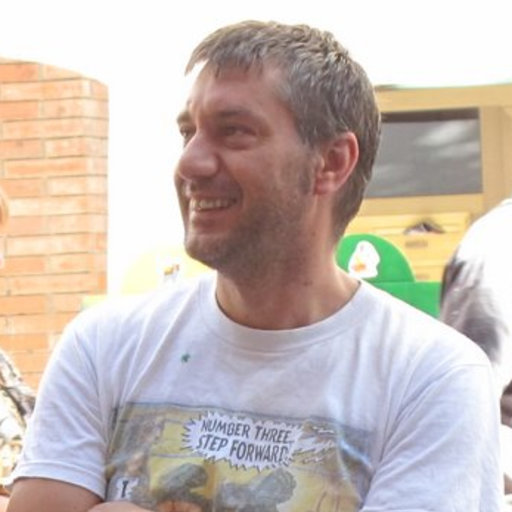
Nicolas Bellora
My work is focused on understanding the relationship between regulatory sequences and cellular RNA processing. We develop and apply computational genomic tools integrating Next Generation Sequencing experiments to obtain computational predictions, de-novo characterization of DNA and RNA protein binding motifs, inference of isoforms and alternative splicing quantification.
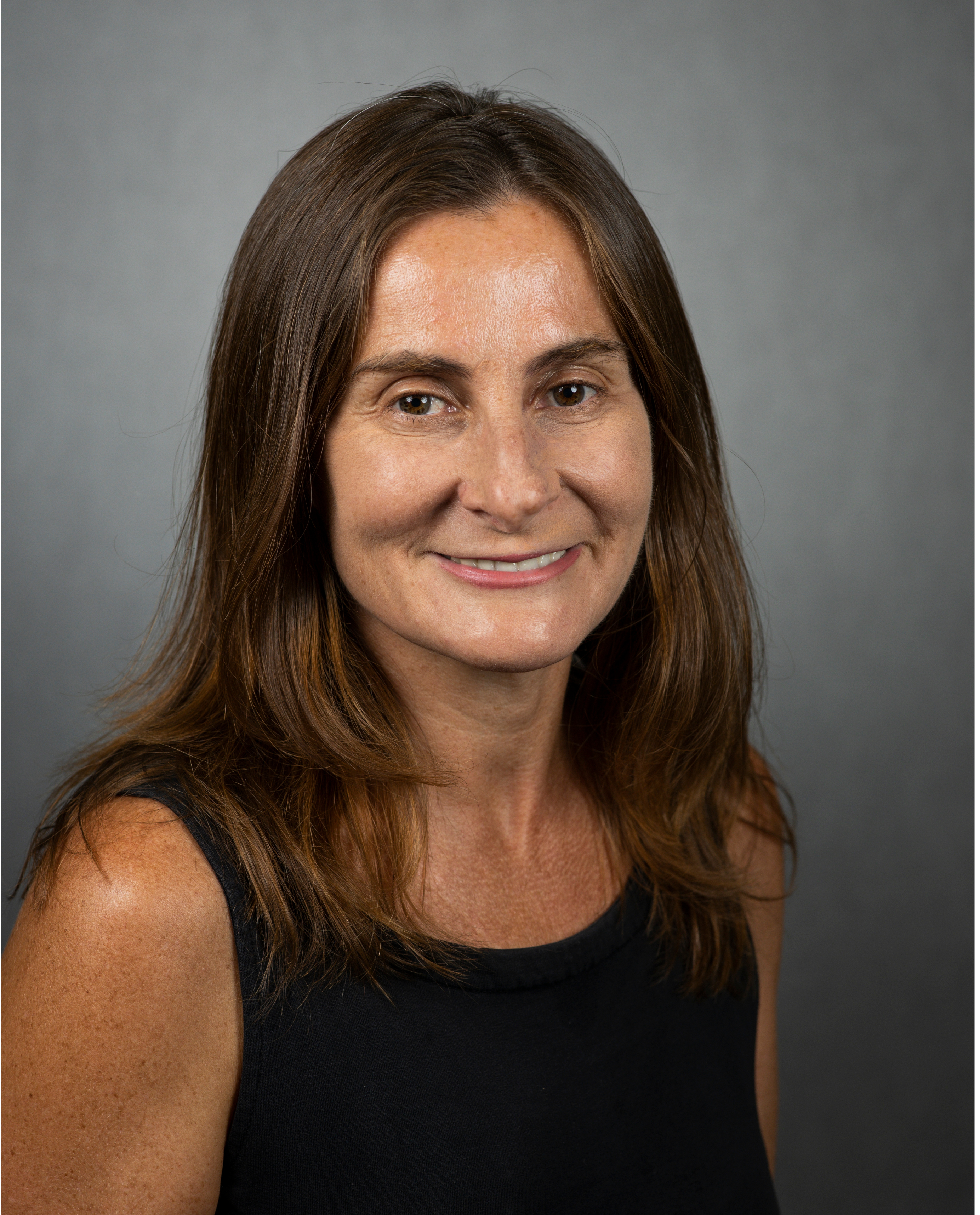
Ana Conesa
Ana Conesa is Research Professor at the Institute for Integrative Systems Biology of the Spanish National Research Council and Courtesy Professor in the Microbiology and Cell Science Department at the University of Florida. She graduated as Agricultural Engineer at the Polytechnical University of Valencia in 1993 and did her PhD at the University of Leiden in the Netherlands. She became UF Professor in 2014 and CSIC Research Professor in 2021.
Ana Conesa is a computational biologist interested in the development of algorithms and software tools to study the functional aspects of gene expression and to combine multi-omics dataset to understand the dynamics of complex molecular systems. She is co-founder of Biobam, a bioinformatics company that provides user-friendly bioinformatics tools. Her current focuses of research are the integration of multi-omics datasets and in the analysis of third generation sequencing data.
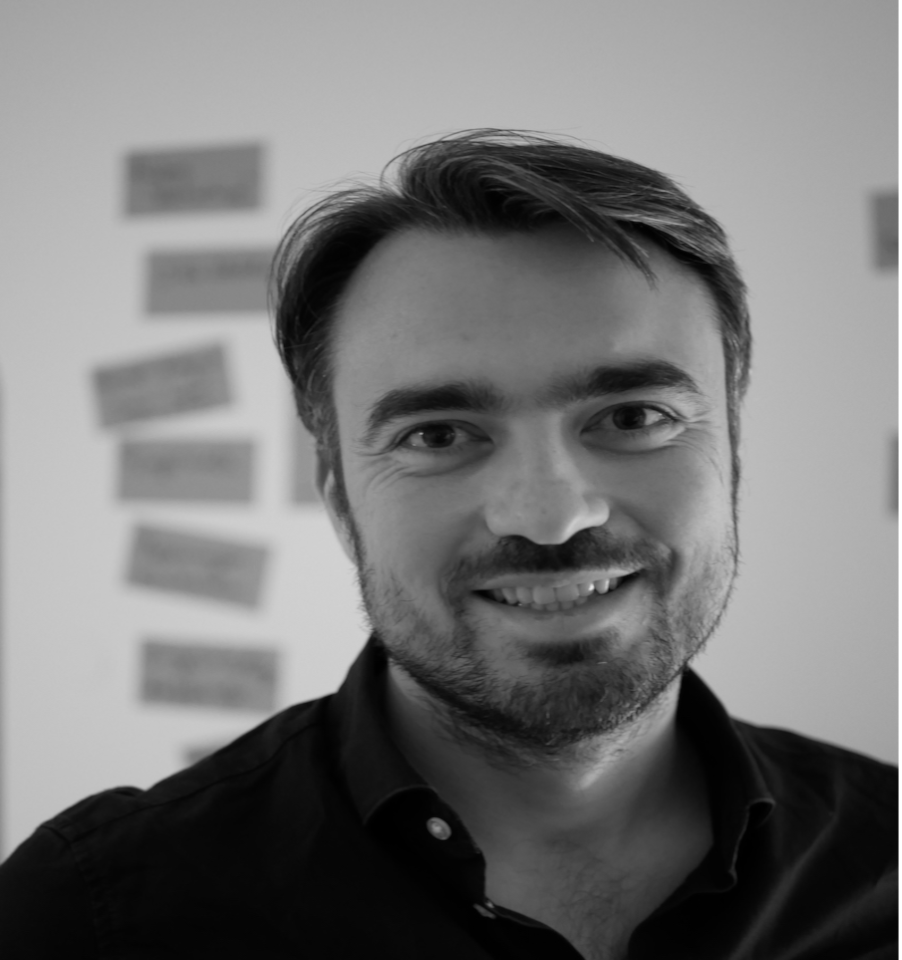
Martin Preusse
With my company Kaiser & Preusse I build knowledge graph applications and implement health data standards. I have a background in computational biology and focus on medical research, biotech and pharma. Beyond that I have a keen interest to learn about new topics, domains and industries.
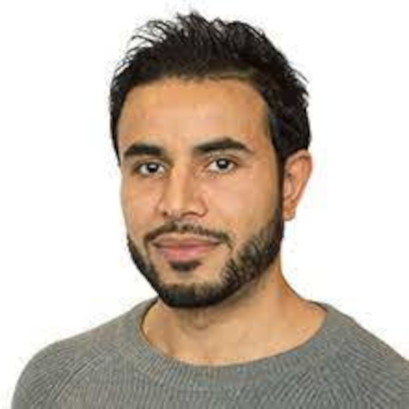
Rabie Saidi
Rabie Saidi is a Lead Data Scientist in the UniProt team. He conducts research and development in the intersection of data mining, big data, machine learning and bioinformatics. He is responsible for adapting and creating new technologies for descriptive and predictive purposes for protein data analytics. His main activities are centred on smart data-driven solutions for the annotation of proteins in UniProtKB/TrEMBL. Rabie’s academic background is in machine learning and data mining and he holds a PhD in Computer Science from Blaise Pascal University.
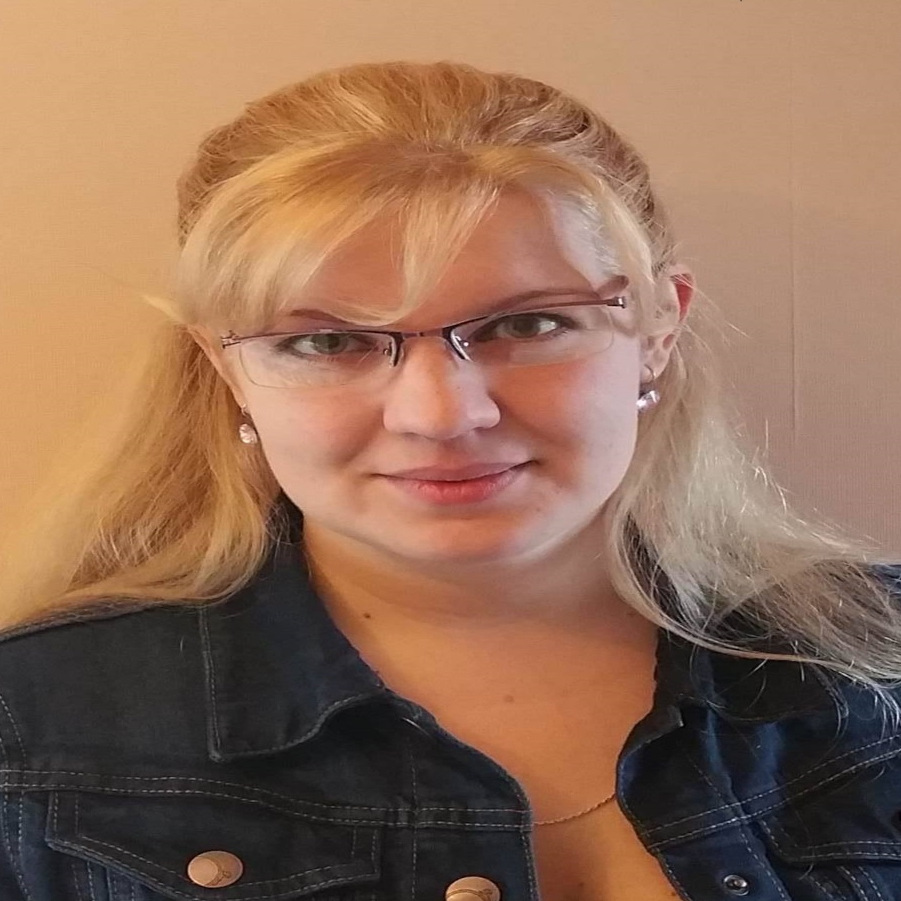
Rita Pancsa
She graduated as a biologist in Hungary. From 2011 she worked in the lab of Prof Peter Tompa at the VIB-VUB Center for Structural Biology in Brussels, where she completed her PhD in 2015. Afterwards, she worked two years in Cambridge at the MRC LMB in the lab of Dr. Madan Babu as an EMBO Fellow.
Currently, she is a postdoctoral researcher in the Enzymology Institute of the Research Centre for Natural Sciences, Budapest, Hungary and a visiting scientist in the Gibson Team at EMBL, Heidelberg. Her research focuses on the computational investigation of the structure-function relationship of intrinsically disordered proteins, as well as on topics related to protein folding, amyloid formation, liquid-liquid phase separation, protein-protein interactions and the development of associated biological databases and prediction methods.
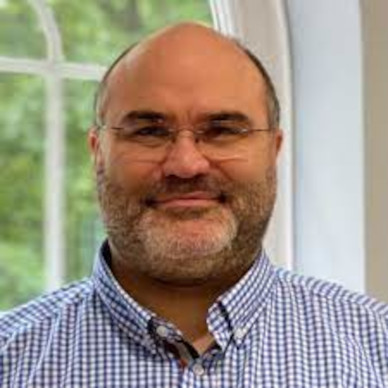
Alex Frangi
Prof Alejandro (Alex) Frangi obtained his undergraduate degree in Telecommunications Engineering from the Technical University of Catalonia (Barcelona) in 1996. Prof Frangi is Diamond Jubilee Chair in Computational Medicine at the University of Leeds, UK, with joint appointments at the School of Computing and the School of Medicine. He leads the Centre for Computational Imaging and Simulation Technologies in Biomedicine (www.cistib.org).
He is a Royal Academy of Engineering Chair in Emerging Technologies (2019-2029) and Honorary Professor at KU Leuven, Belgium. He is the General Chair of Information Processing in Medical Imaging (IPMI) 2023, Bariloche, Argentina. Prof Frangi has main research interests at the crossroad of medical image analysis and modelling, emphasising machine learning (phenomenological models) and computational physiology (mechanistic models). He has a particular interest in statistical methods applied to population imaging phenomics and in silico clinical trials.
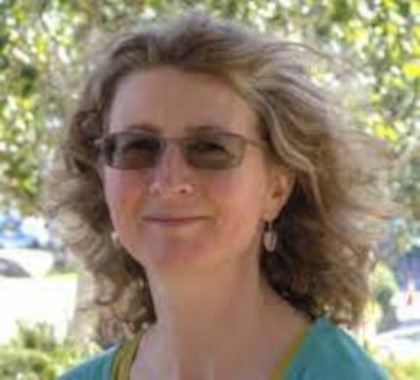
Cath Brooksbank
Cath joined EMBL-EBI in 2002 to develop the outreach programme, and extended her responsibilities to include training in 2006. Her team now coordinates a wide-ranging portfolio of training activities reaching tens of thousands of individuals each year. She contributes to a number of international projects including CABANA (which she leads), EOSC-Life, BioExcel and CINECA. She is co-chair of the Education Committee for the International Society of Computational Biology (ISCB) and sits on the Board of Directors for ISCB. She is a member of the advisory board for the Crick African Network. Cath has a PhD in biochemistry from the University of Cambridge, UK.
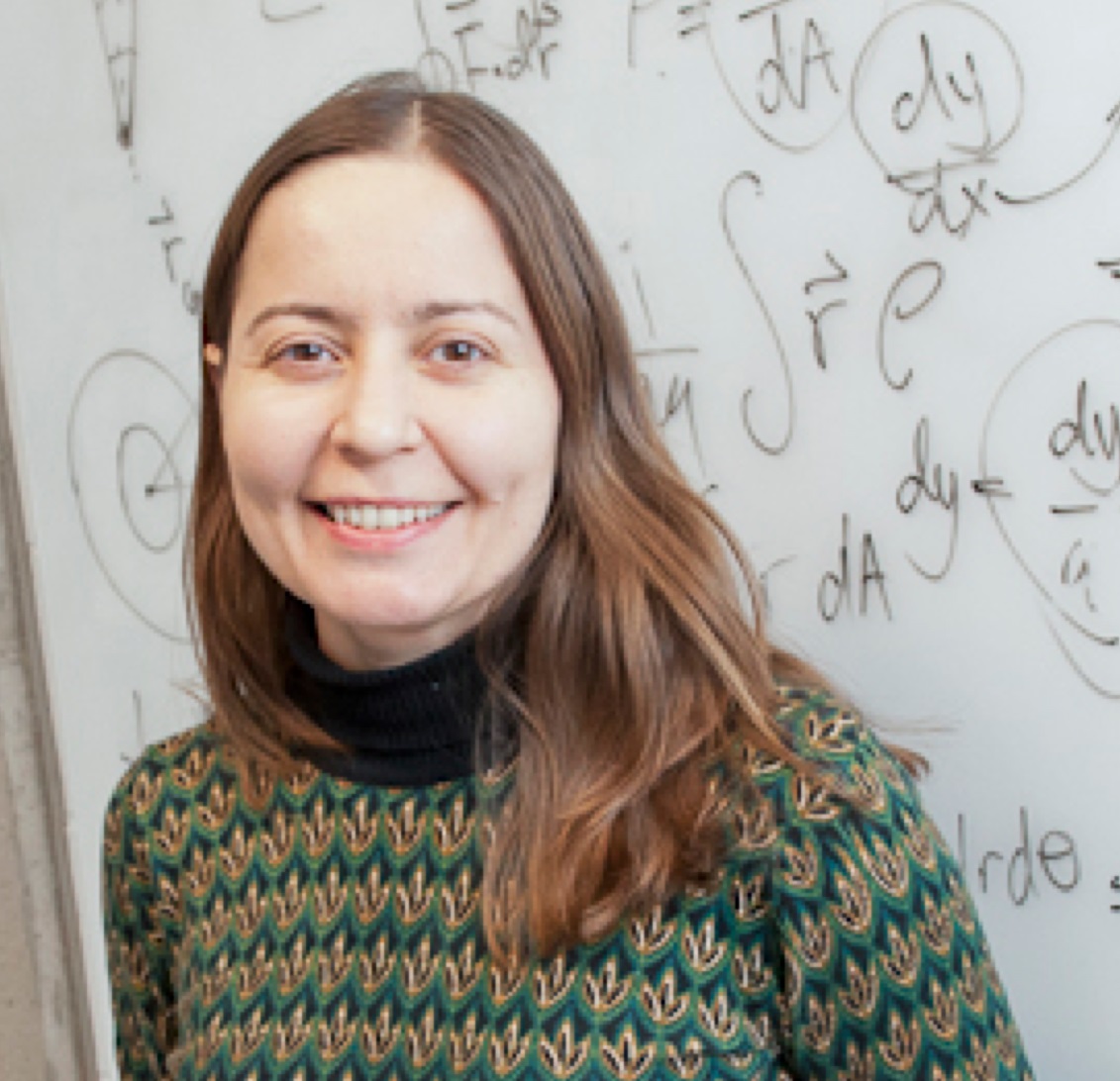
Sarah Rauscher
Dr. Sarah Rauscher is a computational biophysicist whose research addresses the challenging problem of understanding the structure and dynamics of intrinsically disordered proteins. She is currently an Assistant Professor of Physics at the University of Toronto Mississauga.
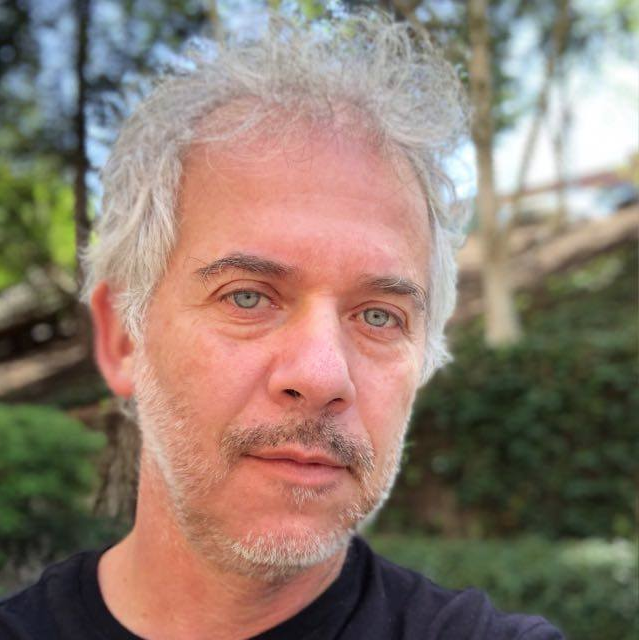
Alejandro Colman-Lerner
1992 Lic. Ciencias Biológicas FCEN-UBA 1997 PhD. Ciencias Biológicas FCEN- UBA 1998-2002 Research Fellow - Molecular Sciences Institute, Berkeley, CA, USA 2002-2005 Senior Research Fellow - Molecular Sciences Institute, Berkeley, CA, USA 2005- current Investigador CONICET. Since 2016 Investigador Principal. IFIBYNE (Institute of Physiology, Molecular Biology and Neuroscience), UBA-CONICET 2011- current Visiting Scientist Fred Hutchinson Research Center, Seattle, WA, USA 2014- Current Profesor Adjunto D.E., Department of Physiology, Molecular and Cellular Biology, FCEN - UBA
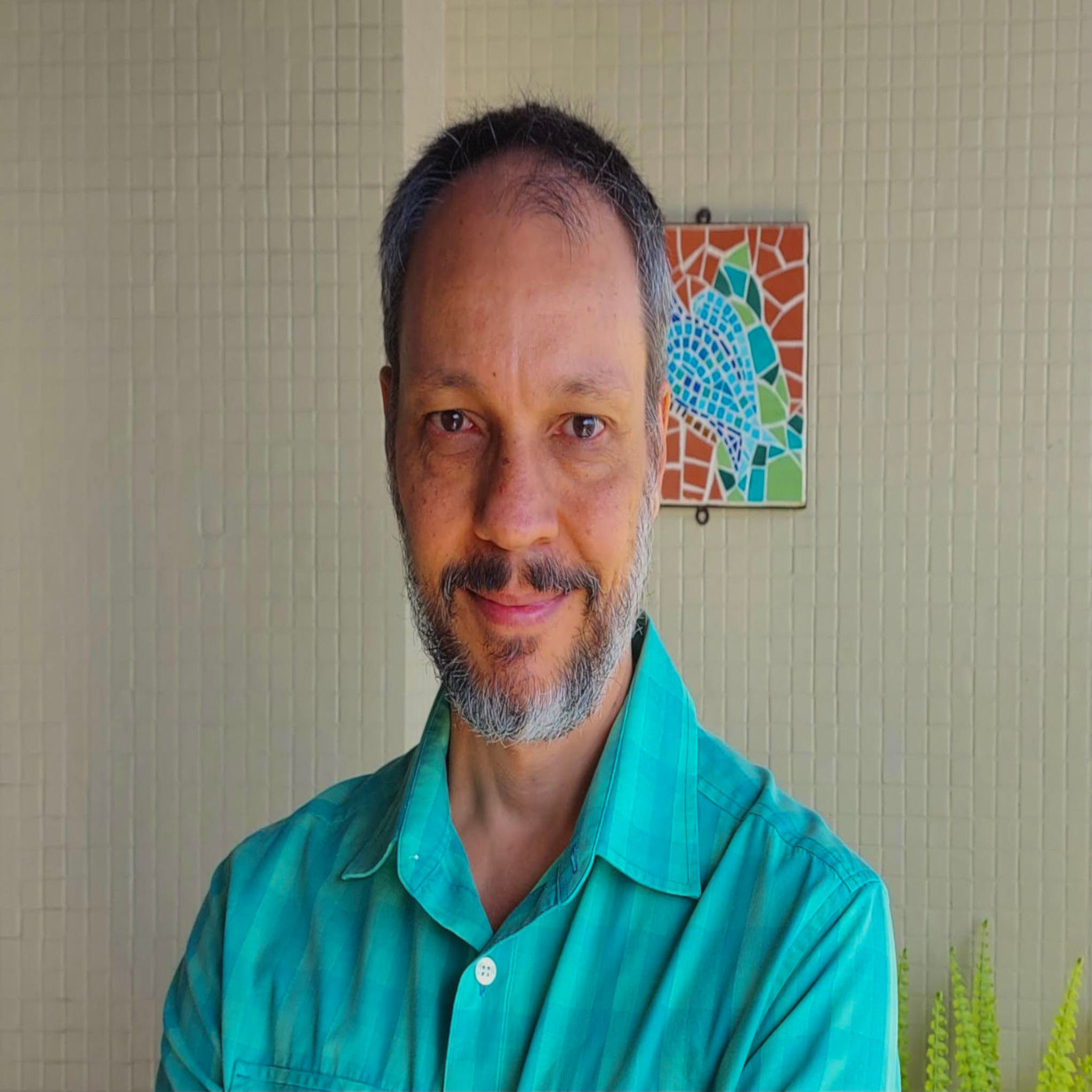
Guilherme Oliveira
Graduated in Biology from UFMG and obtained a PhD from Texas A&M University. Was a post-doctoral fellow at the Pasteur Institute and the Univ. of York. For 13 years was a senior researcher at Fiocruz. Currently is the Scientific Director of the Vale Institute of Technology. Guilherme is a former President of the Brazilian Association for Bioinformatics and Computational Biology and was a member of the board of the International Society for Computational Biology.
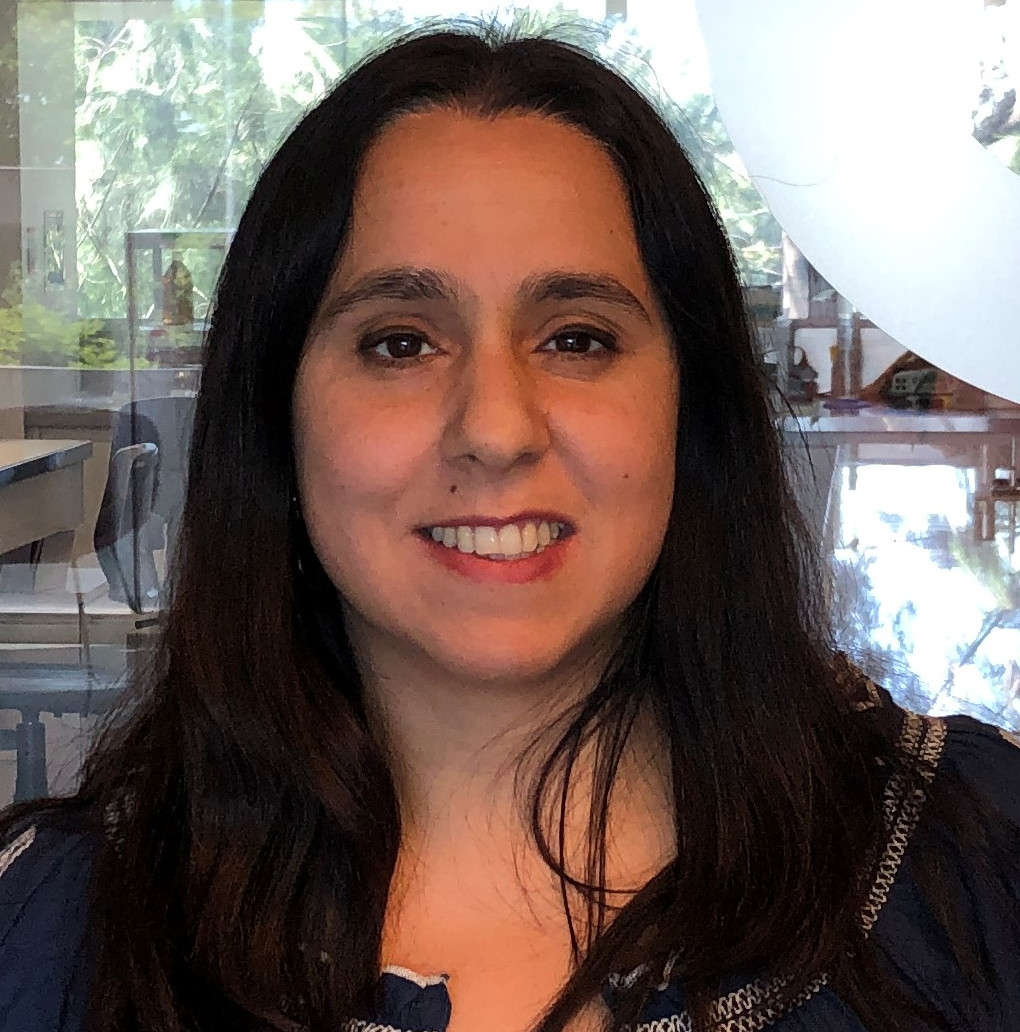
Juliana Cassataro
Dr. Juliana Cassataro leads a research group on Immunology, infectious diseases, and vaccine development at the UNSAM Biotechnology Research Institute. She has a PhD in Immunology from UBA. She is currently Principal Investigator of CONICET and Associate Professor at UNSAM. There, the team studied the usefulness of different compounds to improve the immune response of vaccines against infectious diseases.
In 2020 the project presented by her group was selected in the IP COVID19 call of the ANPCyT and MinCyT and from that moment she and the team have focused on the development of a vaccine against SARSCOV-2 that can be produced in Argentina. It is estimated that the vaccine they have called ARVAC Cecilia Grierson could enter phase 1 in early 2022.
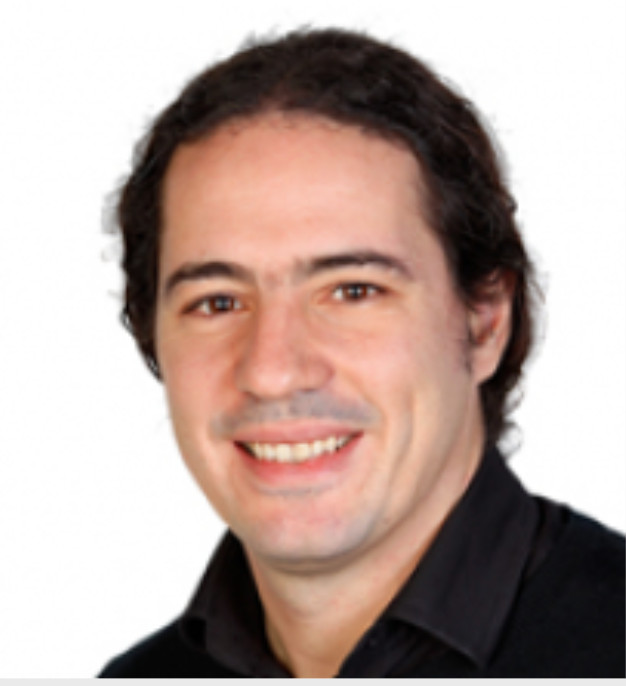
Pedro Beltrao
PhD in Biology, University of Aveiro (research conducted at EMBL-Heidelberg), 09/2007. Postdoctoral research at the University of California San Francisco. Group leader at EMBL-EBI since 2013 and moving to ETH Zurich, Department of Biology in January
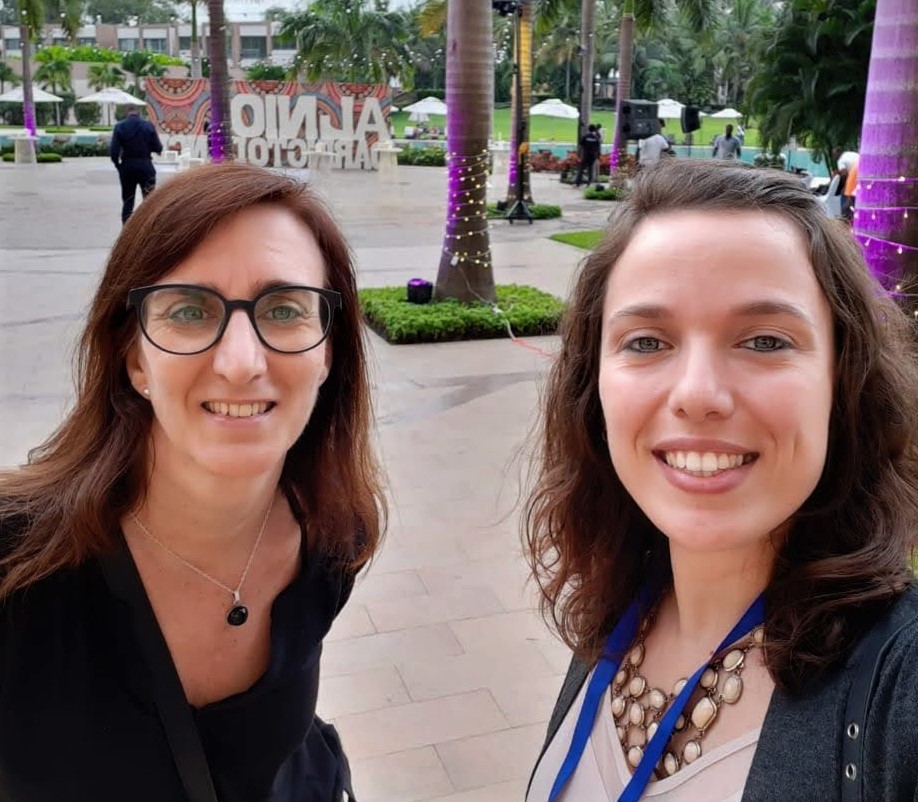
Mariana Viegas
Dr. Viegas has worked in studies of viral evolution of respiratory viruses in pediatric patients at the Virology Laboratory of the Ricardo Gutierrez Children's Hospital (HNRG) since 1999. Since 2013 she has ventured into the use of NGS technologies to begin with the genomic approach in her work. Since 2015, Dr. Viegas together with Dr. Stephanie Goya, who was her doctoral student at the time, has developed and implemented a genetic and genomic surveillance of respiratory syncytial virus (RSV) in pediatrics at the HNRG. Dr. Viegas is Associate Professor of Clinical Virology at the School of Exact Sciences at the UNLP, she is an researcher at CONICET, and is the creator and coordinator of the Argentine Consortium for SARS-CoV-2 Genomics (Proyecto PAIS).

Toby Gibson
Toby Gibson is at the European Molecular Biology Laboratory (EMBL) in Heidelberg, Germany. He studied Molecular Biology at Edinburgh University and did his PhD at the LMB, Cambridge, sequencing EBV. He is a computational biologist. He oversees the development of ELM, the Eukaryotic Linear Motif resource devoted to protein sequence motifs involved in cell signalling and regulation.
These are characterised by large natively unstructured protein segments that are repositories of abundant “linear motifs” or SLiMs - short regulatory sites that interact with other proteins. SLiM hijacking also plays key roles in viral, bacterial and eukaryotic pathogen infectivity and SLiMs are becoming increasingly important in our understanding of cancer. During the Pandemic, Toby has been working with colleagues on SLiMs in the SARS-CoV-2 entry system.
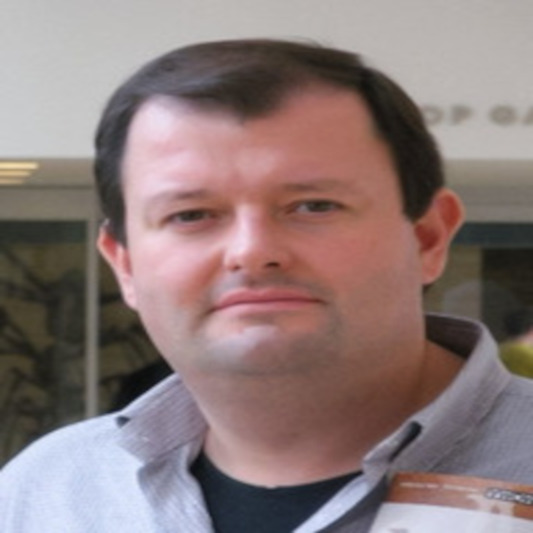
Silvio Tosatto
PhD in Bioinformatics from the University of Mannheim in 2002 , Silvio Tosatto is Full professor in Bioinformatics and Principal Investigator at BioComputingUP lab, Department of Biomedical Sciences, University of Padova (Italy). He is an associate member of the Institute of Neuroscience of Italian National Research Council (CNR). He is involved in ELIXIR Europe as Deputy Head of the Italian Node and Lead of the Data Platform. He also coordinates two MSCA RISE projects, IDPfun and REFRACT.
Tosatto and his team develop computational methods and high quality bioinformatics tools for prediction of protein aggregation, PTM modification, IDPs, mutation effects on structure stability and protein function. Leveraging on its know-how in software development, computing infrastructure and capacity to create open databases, his lab maintains several resources for NGP-related research that are widely used by life-science researchers.
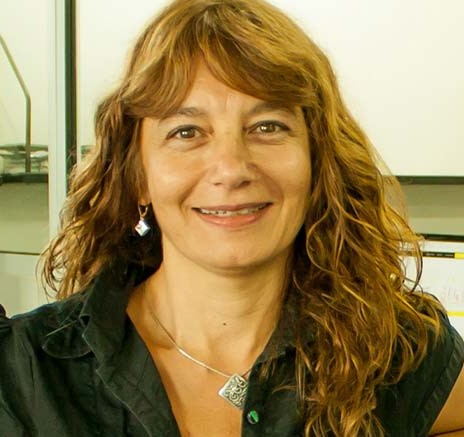
Cristina Marino-Buslje
Cristina is Group Director of the Structural Bioinformatics Unit at Instituto de Investigaciones Bioquímicas de Buenos Aires (IIBBA), Fundación Instituto Leloir, and Principal Researcher of CONICET. She got a University Degree in Biology, a Master in Biotechnology and her PhD from the Autonomous University of Barcelona. Spain. She was Post-Doctoral Researcher at University of Cambridge, UK and Tata Institute of Fundamental Research in India. Her group develops bioinformatics tools to explore and predict the properties that emerge from biological data analysis to shed light on protein structure, function, interactions and evolution.
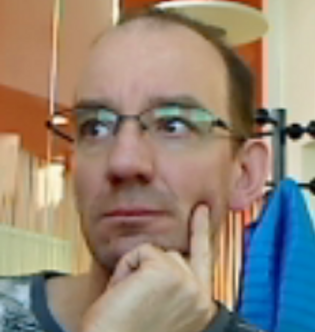
Arne Elofsson
Arne works at the Science for Life Laboratory and is Professor of Bioinformatics in the Department of Biochemistry and Biophysics at the Stockholm University in Sweden. He studies transmembrane, intrinsically disordered and repeat domain containing proteins, all of which are important drug-targets and/or central to diseases. His methods are primarily bioinformatics, but also include biochemical and other experimental techniques.His latest interests involve the development and use of machine learning approaches for protein modelling, validation and docking based on inter-residue contacts and co-evolution.
